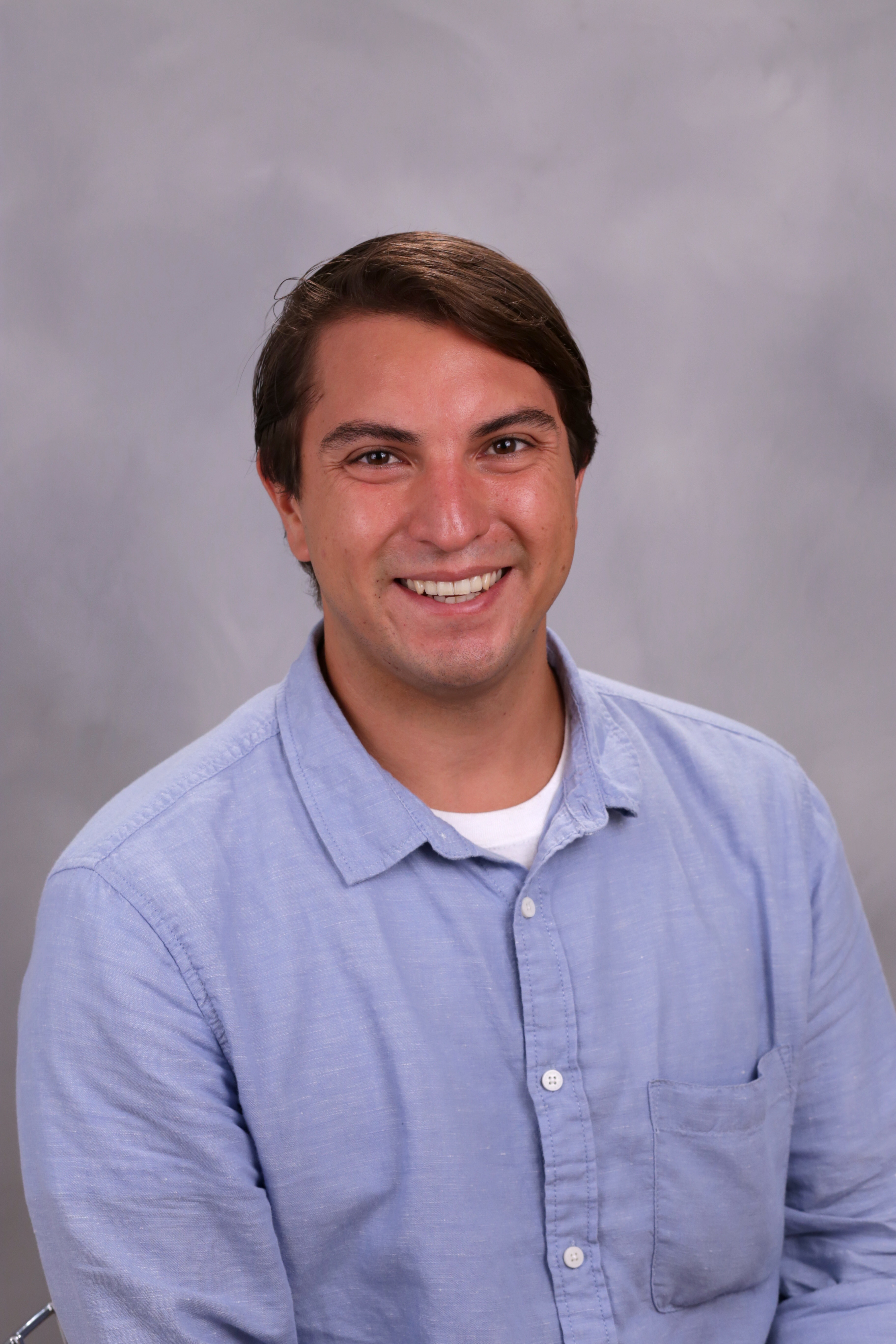John Halushka
 |
Associate Professor Department of Justice Studies
Keywords |
Current Research Activities
My research broadly examines how mass incarceration shapes patterns of poverty and racial inequality in the U.S. As an ethnographer, I use the tools of participant-observation and in-depth interviewing to understand the lived experiences of system-impacted communities.
My current project explores the relationship between mass incarceration and food inequality. Access to nourishing food is routinely denied to the 2.3 million people incarcerated in U.S. prisons and jails and the 4.9 million formerly incarcerated people living in the community. The denial of food access to justice-involved people spills over onto low-income families of color, who disproportionately shoulder the responsibility of feeding their justice-involved loved ones. How do justice-involved people and their families navigate barriers to food access?
To address this question, I will use qualitative interviews with system-impacted families in the Bay Area to examine how the harms of mass incarceration manifest in food inequality. Through funding from an SJSU RSCA Seed Grant, I will be conducting pilot interviews with 10 family pairs consisting of a formerly incarcerated person and a close family member, such as a romantic partner, parental figure, sibling, or adult child (20 interviews total). The analysis will begin by focusing on how justice-involved people experience barriers to food access during incarceration and after release, and then tracing how these harms are interwoven with their family members’ experiences.
This research will shed light on the ways in which mass incarceration reinforces barriers to food access and exacerbates food insecurity in low-income communities of color. I anticipate finding that food functions as a mechanism through which the harms of incarceration not only impact justice involved people, but also become enmeshed in the households of system-impacted families.
Research Connections to Current Events
Food insecurity is on the rise in the U.S. In 2022, 44.2 million people lived in households without access to adequate food, a 45 percent increase from 2021. Rising food and housing costs coupled with the roll back of pandemic era safety-net programs have led to a sharp increase in food insecurity for millions of families across the country.
System-impacted families are especially vulnerable to experiencing food insecurity. Owing to high rates of unemployment and housing instability, people with incarceration histories are twice as likely to experience food insecurity than the general population. Young children who live with their father before his incarceration are three times as likely to experience food insecurity than other children.
My research sheds light on the daily struggles of system-impacted families, highlighting the overlooked ways in which mass incarceration exacerbates food insecurity in low-income communities of color. The goal of my research is to expand conversations about criminal legal reform beyond the confines of corrections policy. Addressing the harms of mass incarceration not only requires dismantling the prison state, but also building a robust welfare state that prioritizes the health and wealth of communities of color. By studying the relationship between incarceration and food insecurity, my research will highlight the importance of improving access to nourishing food inside prisons and expanding access to safety-net programs in the community such as SNAP and school lunch programs.
Personal Connections to Research
My interest in issues surrounding mass incarceration is an outgrowth of my involvement in human rights activism. Inspired by the idealism of punk rock and the work of civil rights leaders like Dr. Martin Luther King, Jr., Oscar Romero, Nelson Mandela, and Steven Biko, I founded a chapter of Amnesty International in high school and led letter writing campaigns to free prisoners of conscience around the globe. I later became involved in death penalty abolition efforts, after learning about racial disparities in the application of capital punishment in the U.S. It was through these efforts that I became aware of the broader racial disparities in our criminal legal system and first began to learn about the issue of mass incarceration. In college and graduate school, I dove deeper into these issues. I studied the work of scholars like David Garland, Bruce Western, Loic Wacquant, Lynne Haney, Joantahn Simon, Joan Petersilia, and Michelle Alexander. Many of these scholars had written extensively about what had caused mass incarceration. However, I wanted to learn about how mass incarceration was impacting our society today. Because of mass incarceration, more people are released from prison and jail every year than ever before. We know that this group faces immense challenges to finding work and housing. My research explores how formerly incarcerated people navigate these challenges in their everyday lives. In doing so, I hope to challenge the negative impact of mass incarceration on our society and continue to stand as an advocate for the human rights of our most marginalized and vulnerable citizens.
Social Media
Keywords
Prisoner Reentry, Mass Incarceration, Urban Poverty, Racial Inequality, Poverty Governance, Qualitative Research Methods, Law and Society